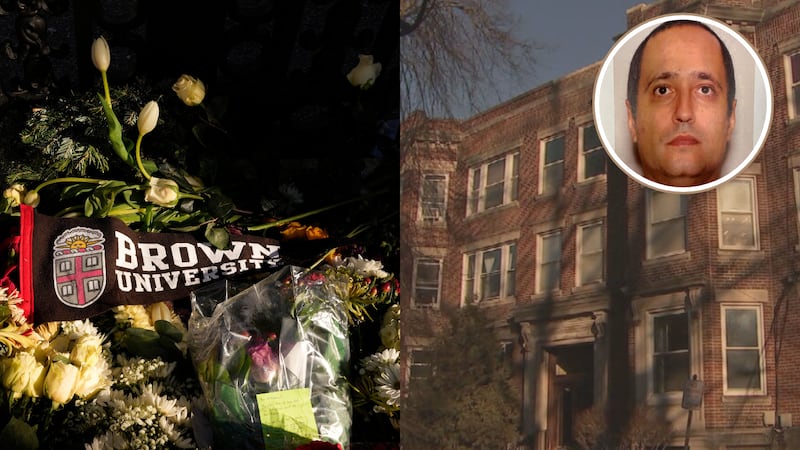QUINCY, Mass. — Could Massachusetts ditch Daylight Saving Time and spring forward permanently to Atlantic Standard Time?
That’s the question a new commission is being established to answer.
“At this point we only get the daylight we get. It doesn't matter if it's farmers or anyone else. We're going to get about 15 hours of daylight in the summer and about nine hours in the winter. The question is do we want to give people jet lag twice a year,” Tom Emswiler, a public health advocate, said.
What this would mean:
All time is measured against Coordinated Universal Time (UTC), better known as Greenwich Mean Time.
Noon UTC is the same as the following time zones
- 8 a.m. Atlantic Standard Time (AST)
- Massachusetts uses EDT from mid-March through mid-November
- Massachusetts uses EST from mid-November through mid-March.
If Massachusetts joins AST, residents would have their clocks set one hour ahead of the other New England states from mid-November through mid-March.
- For someone from another state who needs to be at work in Massachusetts at 8 a.m., they would need to leave home as if they were getting to work at 7 a.m. in their own state.
- For someone who lives in Massachusetts and needs to be at work in another state at 8 a.m., they could leave home later, as if they were getting to work at 9 a.m. in Massachusetts.
Emswiler petitioned his local legislators, and with their support, Gov. Baker established a commission to study the time change proposal.
“This was important to legislature, in deference to them we signed it, but current system is fine,” Baker said. “I especially worry if we travel too far down this road we could end up creating a lot of problems for ourselves with respect to all sorts of issues around work schedules and commuting schedules and a whole bunch of other things.”
Ultimately, Emswiler said, the goal is to get all of New England into Atlantic Standard Time, eliminating some of the confusion.
The new commission is set to hold their first meeting in October. They will submit a report Gov. Baker by March and if that’s approved, U.S. Department of Transportation will have the final say in enacting the change.
Cox Media Group





